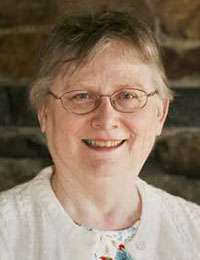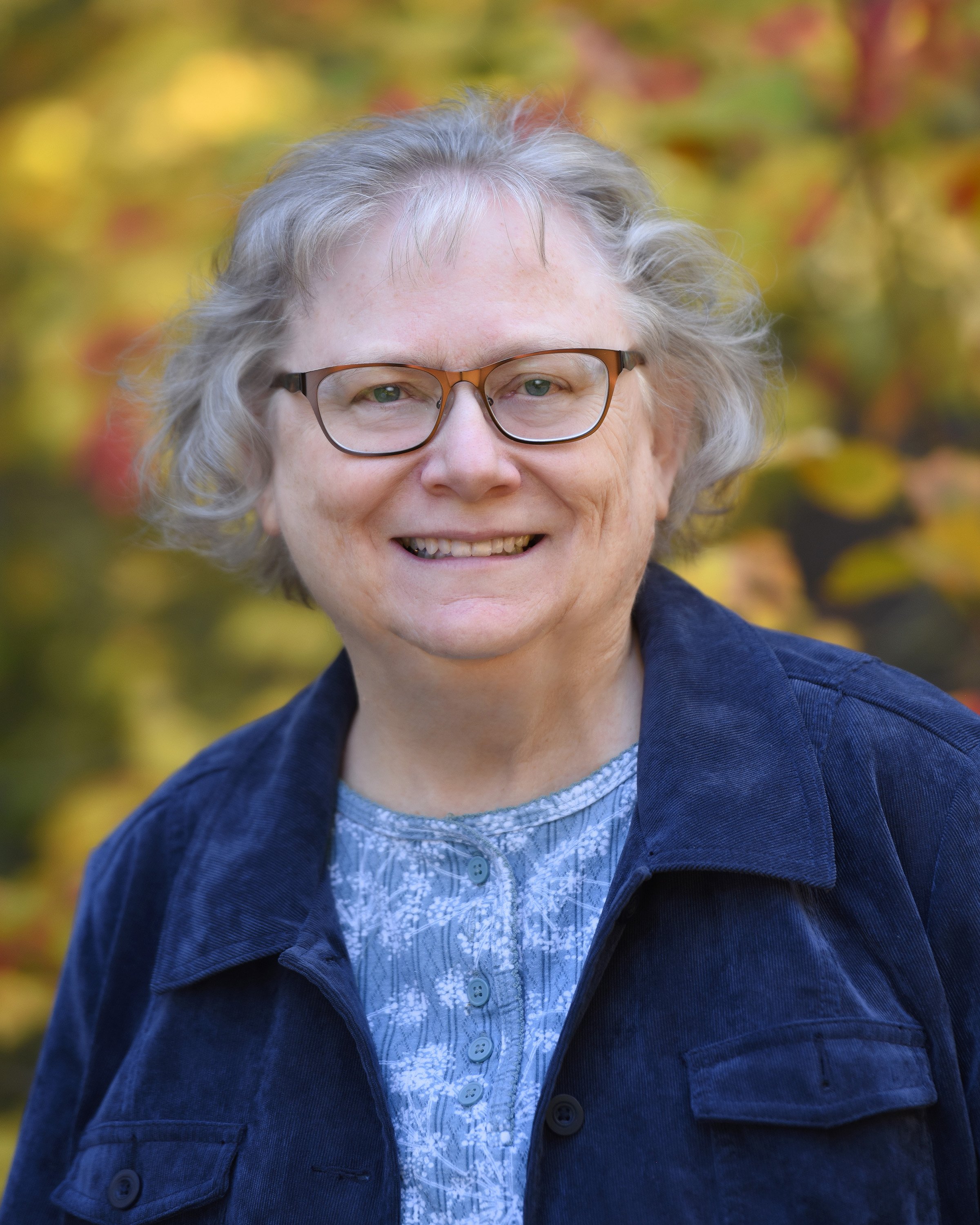 Most family hereditary societies are very small organizations. The Alden Kindred of America was established in 1901, first to protect the Alden homestead in Duxbury, Massachusetts, but second to gather together descendants of the famous Pilgrims John and Priscilla Alden. It currently has fewer than 1,400 members. Modeled after the new Mayflower Society established a few years earlier, the Alden Kindred required that members file lineage papers and proof for their claims, and it had dreams of eventually publishing a full Alden genealogy. However, unlike the Wing Family Association – which has been publishing its magazine The Owl for a century and in time produced a book – the Alden Kindred has not published any significant genealogy.
Most family hereditary societies are very small organizations. The Alden Kindred of America was established in 1901, first to protect the Alden homestead in Duxbury, Massachusetts, but second to gather together descendants of the famous Pilgrims John and Priscilla Alden. It currently has fewer than 1,400 members. Modeled after the new Mayflower Society established a few years earlier, the Alden Kindred required that members file lineage papers and proof for their claims, and it had dreams of eventually publishing a full Alden genealogy. However, unlike the Wing Family Association – which has been publishing its magazine The Owl for a century and in time produced a book – the Alden Kindred has not published any significant genealogy.
Yes, we have an excuse: The Aldens are part of the larger Mayflower family, and since 1960 the General Society of Mayflower Descendants has been working on its Mayflower Families Through Five Generations project. In addition, this author was both the Genealogist of the Alden Kindred for thirty-plus years and editor of the Alden family for the Five Generations Project, so technically the Kindred had one foot in both worlds. Still, the only family that has yet to have a complete treatment published in the Mayflower Families series is the Aldens – although the good news is that Volume 4 (the fifth generation descendants of Ruth Alden Bass) is in final stages of production under new editor John Bradley Arthaud, M.D., F.A.S.G.
With the first five generations of the family in the Mayflower Society’s hands, the Alden Kindred concentrated on the later generations of the family and established a basic but undocumented database of known descendants, which was posted on our website (www.alden.org). However, lack of human time and technical knowledge meant that the last update to the website database was in 2008. Again, in further good news, the Alden Kindred database has just been uploaded to Ancestry.com, where we can keep it up to date as we continue to improve the quality of the information in it.
As Genealogist of the Alden Kindred for all of these years, I had the responsibility of processing about 3,000 applications for membership, nearly 2/3 of which led to membership in the organization, as well as for communicating with researchers looking for their lines – all Alden-related questions were, by default, diverted to me. Unfortunately, despite best intentions, I never had the time to process this fragmentary information and make it accessible to other researchers.
The Aldens’ conundrum is common to all family associations. The gargantuan job of tracing hundreds of thousands (or more) of the descendants of a seventeenth-century family is a daunting task for our small budgets and limited people. It should go without saying how very grateful the Aldens are for the impressive work done by the Mayflower Society. I just believe that we should not rest on their laurels alone. My hat is enthusiastically off to all of you who have been collecting, researching, and publishing your family genealogy all these years. Is there, perhaps, a way that our small organizations might be able to pool our resources and make even more progress?
Share this:

About Alicia Crane Williams
Alicia Crane Williams, FASG, Lead Genealogist of Early Families of New England Study Project, has compiled and edited numerous important genealogical publications including The Mayflower Descendant and the Alden Family “Silver Book” Five Generations project of the Mayflower Society. Most recently, she is the author of the 2017 edition of The Babson Genealogy, 1606-2017, Descendants of Thomas and Isabel Babson who first arrived in Salem, Massachusetts, in 1637. Alicia has served as Historian of the Massachusetts Society of Mayflower Descendants, Assistant Historian General at the General Society of Mayflower Descendants, and as Genealogist of the Alden Kindred of America. She earned a bachelor’s degree from the University of Connecticut and a master’s degree in History from Northeastern University.View all posts by Alicia Crane Williams →